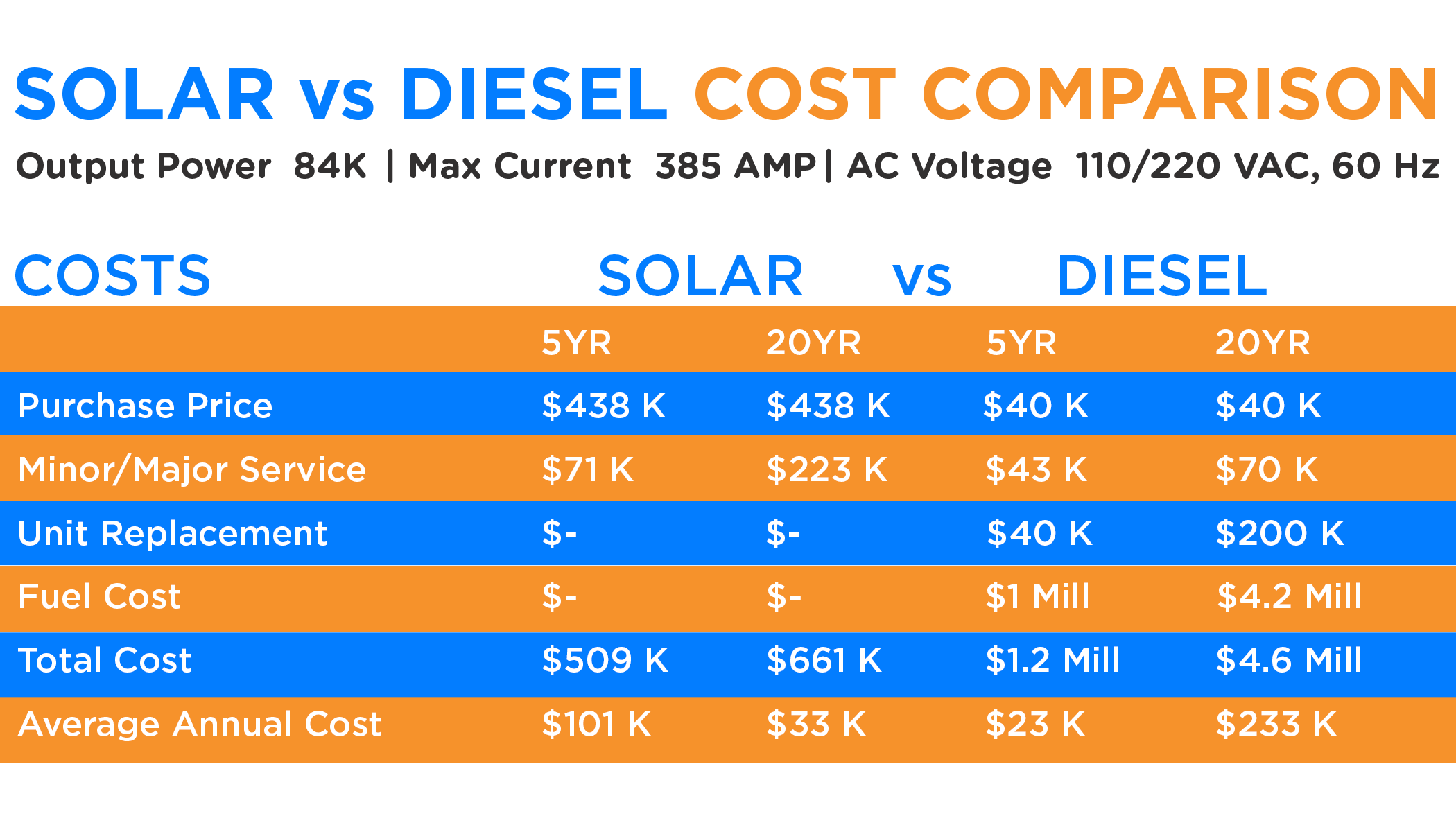Power generation capacity in sub-Sahara Africa is lower than any other region in the world.
USAID estimates two out of three people lack access to electricity in sub-Sahara Africa. Though hydro power is considered one of Africa’s best energy sources, it is underutilized. Africa’s lack of grid infrastructure means few options for electricity, power outages and a reliance on diesel for power.
Dirty Diesel in West Africa
Dirty diesel, diesel high in sulfur, found in West Africa originates from Europe. Diesel with sulfur content as much as 3,000 parts per million is regularly exported to Africa.
Public Eye, a Swiss NGO, reported that two thirds of the diesel samples taken in West Africa over three years had a sulfur level 150 times the European limit. Dirty diesel and rapid urbanization have contributed to the high levels of air pollution. “The Public Eye report claimed that switching to low sulfur fuel in Africa, as well as introducing cars with modern emissions control technologies, could prevent 25,000 premature deaths in 2030 and 100,000 in 2050” (Deutsche).
Starting July 1st 2017, the pumps in Ghana and Nigeria will have to meet a maximum of 50 ppm. While many are excited to see the change, there is no guarantee that other West African countries such as the Ivory Coast, Benin, Togo or Mali will follow suit.
Unstable Power Grid Challenges
Power is crucial for Africa to meet development goals. Current deficiencies are constraining Africa’s economic and social development.
According to Noor Kapdi and Daniél Hofmeyr of Dentons Law Firm, areas such as Ghana and Tanzania lose 15 per cent of the value of sales as a result of power outages. In 2015, Nigeria’s largest wireless service provider, MTN, had to temporarily suspend services due to a shortage of diesel as electricity production was at an all-time low.
Many African economies cannot and have not established the infrastructure necessary to meet increasing energy demands. The World Bank estimates that installed capacity needs to increase by more than 7,000MW a year to meet suppressed demand in Africa.
Renewable Energy in Africa
There has been a boom of solar power in sub-Saharan Africa in recent years. As we mentioned in a previous blog post, solar power used to only be available to wealthy Africans. Today, it is available in northern Rwanda and other areas for a few dollars a week.
Small scale solar power plays an important role in expanding power options for a continent with a limited and outdated power grid. However, more robust resources are necessary to expand economies within Africa.
Part of the challenge is changing a culture dependent on diesel. Diesel may have short-term cost benefits, but the long-term annual costs are far greater than that of solar solutions.
Aldelano Solar Cold Chain Solutions, Solar vs. Diesel Cost Analysis Report
While diesel may seem like a solution, renewable energy is growing in African countries. Now is the time to educate business owners and locals about the benefits of solar in order to assist economies with sustainable growth.
Aldelano Solar Cold Chain Solutions can provide business owners with clean energy and STABLE power. Our robust PowerPak can power everything from a small home to an entire building. Stable solar power can meet Africa’s power demands and increase economic productivity.
Citations:
Deutsche Welle. “Africa Rejects Europe’s ‘Dirty Diesel’ | Africa | DW | 28.04.2017.” DW.COM, Deutsche Welle , 28 Apr. 2017, www.dw.com/en/africa-rejects-europes-dirty-diesel/a-38627434.
Jackson, Tom. “How Africa Gets Power to 620 Million More People Could Have a Huge Influence on Our World.” Public Radio International, 6 July 2015, www.pri.org/stories/2015-07-06/how-africa-gets-power-620-million-more-people-could-have-huge-influence-our-world.


